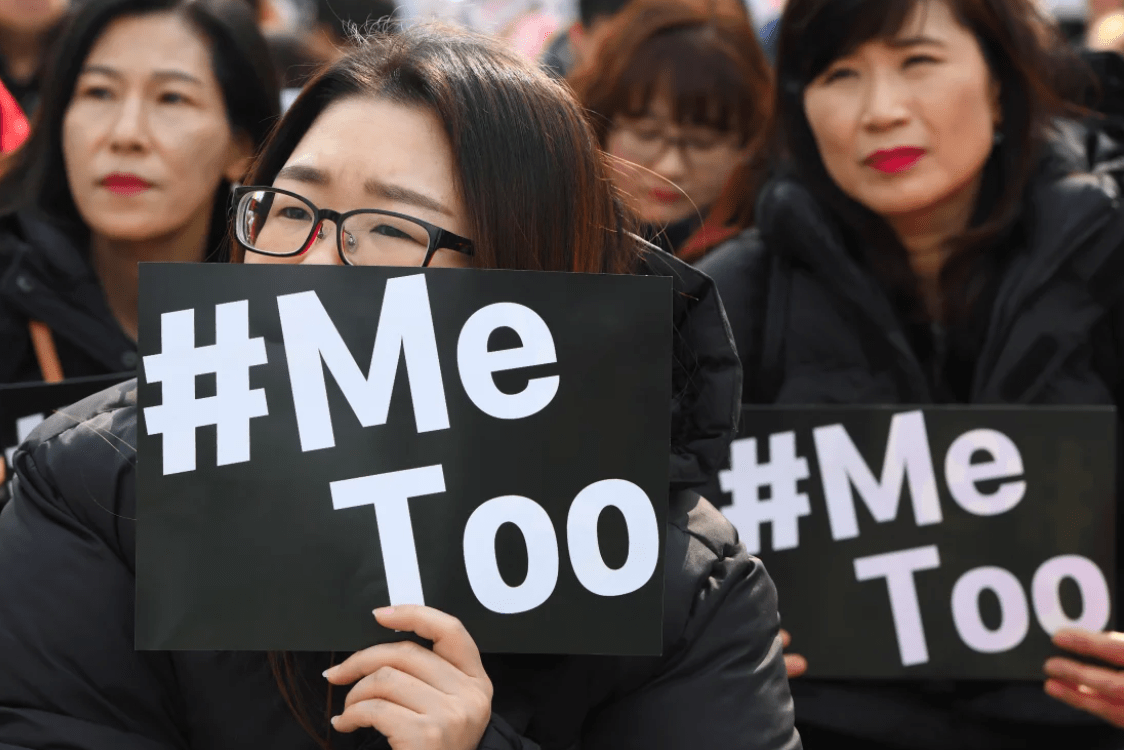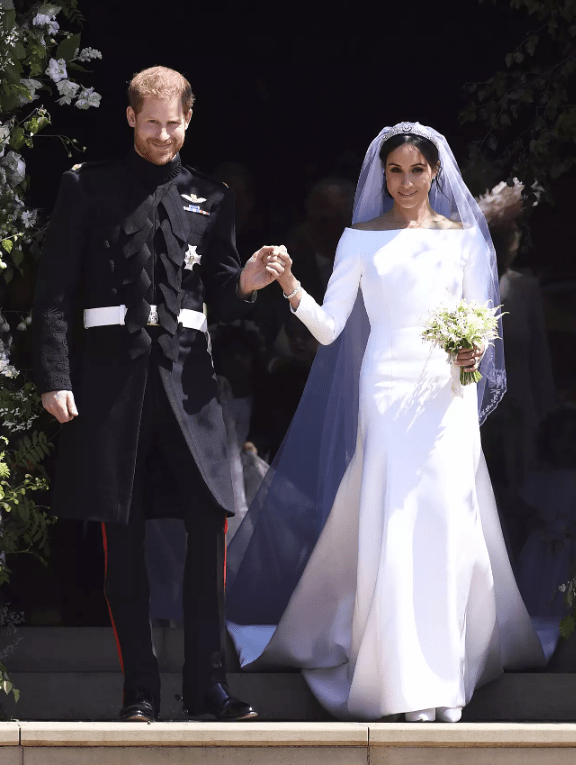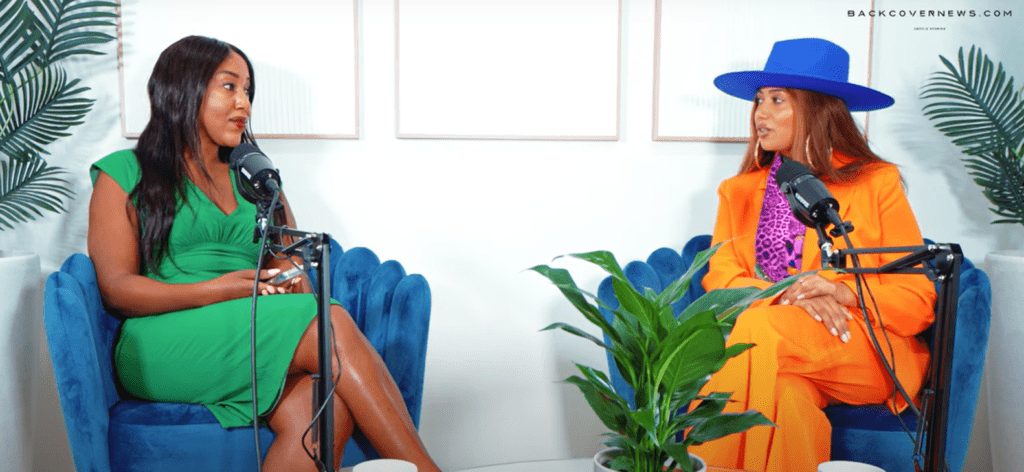In the heart of South Korea, a profound yet quietly seismic revolution is unfolding. It’s known as the 4B movement—an audacious feminist wave that is unraveling age-old traditions and boldly confronting entrenched patriarchy.
Originating in 2019, the 4B movement has swiftly gained momentum, fuelled by a generation of women tired of societal norms dictating their lives.
Its name, “4B,” encapsulates four powerful words beginning with ‘bi,’ translating to ‘no’ in Korean. Each ‘B’ symbolises a rejection of entrenched patriarchal constructs.

Bihon, the refusal of heterosexual marriage; Bichulsan, the rejection of childbirth; Biyeonae, a refusal to date men; and Bisekseu, the rejection of sexual relationships with men.
These are not just words but battle cries against a system that has long confined women to predefined roles.
Dr. Isiah Mckimmie, a renowned sexologist and relationship counselor, told BACKCOVERNEWS.COM the movement, “reflects the circumstances that women have found themselves in and the determination that they have to create change for themselves.”
“What might seem extreme is a response to what they’re experiencing.”
Indeed, the backdrop against which the 4B movement emerges is bleak—a surge in gender-based crimes, femicide, and a society turning a blind eye to women’s plight.
One pivotal moment galvanising the movement was the brutal murder of a 23-year-old woman in a public restroom. Despite the perpetrator’s motive rooted in misogyny, authorities failed to classify it as a hate crime. This glaring injustice epitomises the challenges women face in South Korea’s patriarchal landscape.
Moreover, societal pressures to conform to unrealistic beauty standards exacerbate women’s plight. South Korea’s booming cosmetics market, projected to reach AU$2.69 billion by 2024, according to Statista, reflects these entrenched ideals. However, women are reclaiming autonomy by shunning these standards—cutting their hair short, wearing black, and rejecting vanity.

Yet, challenges persist. South Korea’s gender wage gap, the worst among OECD countries at 31.2%, underscores systemic inequalities. President Yoon Suk Yeol’s scapegoating of feminism for declining birth rates and pledges to scrap the Gender Equality Ministry further highlight the uphill battle for gender equality.
The 4B movement, however, faces backlash, particularly from young men feeling marginalised. They argue that mandatory military service for men perpetuates gender disparities. Yet, it’s women who bear the brunt of these societal norms, facing discrimination in career advancement.
However, the 4B movement resonates globally, garnering solidarity among women worldwide, including in Australia, where the pressing issue of violence against women was recently described by prime minister Anthony Albanese as a “national crisis”.
At least one in six Aussie women has endured violence at the hands of an intimate partner, according to the Australian Institute of Health and Welfare.
More and more women across social media are incorporating practices similar to the 4B movement in their own lives, but the success of the movement will have to be a combined societal effort.

Dr. Mckimmie emphasises that meaningful change requires men to play a central role.
“I think men’s role is to start to examine and unpack their unconscious biases around gender norms,” she said.
The movement, while it may be perceived as extremist and anti-men, is fundamentally about non-cooperation and advocacy for women at its core.
Dr. Mckimmie highlights the importance of men initiating conversations amongst themselves to drive broader societal and policy changes, ensuring that women aren’t solely responsible for instigating this crucial transformation.
Many questions arise regarding the movement’s objectives: Who is the adversary? What guidelines govern it? To whom does one turn for guidance?
Here lies the distinctive nature of this movement. Women involved no longer wish to bear the burden of being the sole agents of change. Instead, they opt to disengage from patriarchal structures rather than engaging in direct confrontation.
“Women are choosing to step back because men aren’t stepping up,” Dr. Mckimmie said.
This movement signifies more than a mere alteration in lifestyle or a challenge to the status quo, as often depicted on social media; it signifies a desperate last resort after countless unheard pleas for change.

